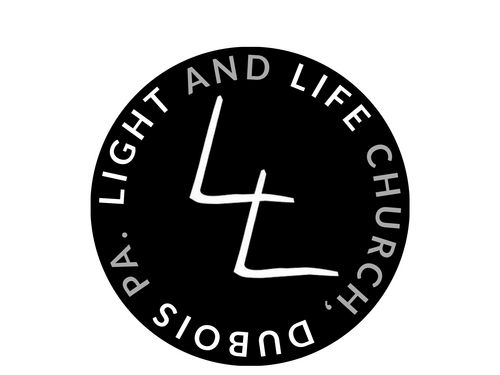More of You
This message explores the difference between ordinary community and what Scripture describes as sacred community. Sacred community is something specific and much deeper than simply showing up, being in the room, or belonging to a group. It cannot exist without work, sacrifice, cost, purpose, dedication, intentionality, and engagement.
Most believers have never truly experienced this level of spiritual connection, and that should concern us because sacred community is meant to be normal within the Church. It is essential for being discipled, growing spiritually, and creating the environment where we can disciple others.
The reason we often lack sacred community is simple: relationships are hard. Building them takes work. Deep, intimate relationships require sacrifice, and they will cost us something. If we’re honest, many of us want life and Christianity to be “easy peasy.” We hope relationships will just happen without any effort on our part. We love the idea of community but don’t want to invest the work it takes to have it.
The sermon pointed out that we behave as though friendship can exist without being friendly, that connection can exist without actually connecting, and that community can exist without communing. We assume it’s everyone else’s job to make sure we have friends or feel included. But Proverbs 18:24 teaches that a person who wants friends must show themselves friendly. In other words, action begins with us. We don’t sit and wait for others to come to us — we move toward people, initiate, and stay engaged.
Community alone takes effort, but sacred community requires even heavier lifting. Anything precious or valuable comes at a price. It takes time, pressure, and digging deep. The same is true with sacred relationships. If we want deep connections, we must pursue them with deeper commitment: more work, more sacrifice, and more engagement than with ordinary friendships or casual acquaintances.
When we pour more of ourselves out for the sake of others, God promises to pour more of Himself out on us. This is exactly what happened in the early church. Because they gave more of themselves, God poured out His Spirit on everyone, and “each day the Lord added to their fellowship those who were being saved” (Acts 2:47). God does not add new believers to fellowships filled with fighting, competition, jealousy, gossip, or slander. Our words, actions, and deeds affect the entire church community.
Unity requires every individual to repent for the ways they personally contribute to division or discord. We will only see the same awe, miracles, and wonders the early church saw if we go deeper in the same way they did: devoting ourselves to teaching, fellowship, sharing meals, and prayer (Acts 2:42).
The message then turned to Hebrews 10:24 — “let us consider how we may spur one another on toward love and good deeds.” The Greek words highlight provoking, inciting, striving together, and urging one another forward. This is not passive encouragement. It’s active. It’s the spiritual version of a cowboy’s spurs nudging a horse forward. Sometimes we need people in our lives who are willing to push us because without their influence, we would stay stuck in fear, insecurity, laziness, or pride.
Dr. Shelly Hogan was quoted several times, reminding us that we are blessed when we have people willing to risk the relationship and tell us the truth, even when it hurts. She challenged us with questions like: When was the last time you spurred a friend? Or did you stay silent because you were afraid to lose the relationship, even when their soul needed you to speak?
She also said, “There is no growth without truth.” One major reason the church isn’t growing spiritually is because we have too many people pleasing and appeasing each other instead of provoking and inciting one another toward holiness. We don’t want to speak truth to others, and we don’t want to hear truth from others. We excuse foolish behavior by saying, “It’s okay, you’re doing the best you can,” or dismiss correction with, “It’s just my personality.” But Scripture never tells us to “just let me be” or “I’m fine.” Growth doesn’t happen when we demand to be left alone.
Dr. Shelly added, “If we don’t face it, we won’t fix it.” Our resistance to truth impacts every one of our communities and connections.
Jesus said we must love God with all our heart, soul, and mind (Matthew 22:37). Loving God and loving others this way means we don’t get to hold back, isolate, or run away. If we want true community, we must invest all of ourselves into it.
This requires two things:
Conquering all our fears about people and relationships.
Asking the Holy Spirit to reveal what is blocking us. Dr. Shelly reminded us that “the thing you need the most is the thing you want the least.”
Thanks for joining us for a weekly message from DuBois Light & Life Church. Today you will hear encouraging words, worship, and a message. Our goal is that you would find Hope, Healing, and Purpose in Jesus Christ.
Live from DuBois Light and Life Church.
128 S 8th Street,
DuBois PA 15801
Connect with us on Facebook, Instagram, YouTube, and our Website at DuBoisfmc.org, or download our app!
